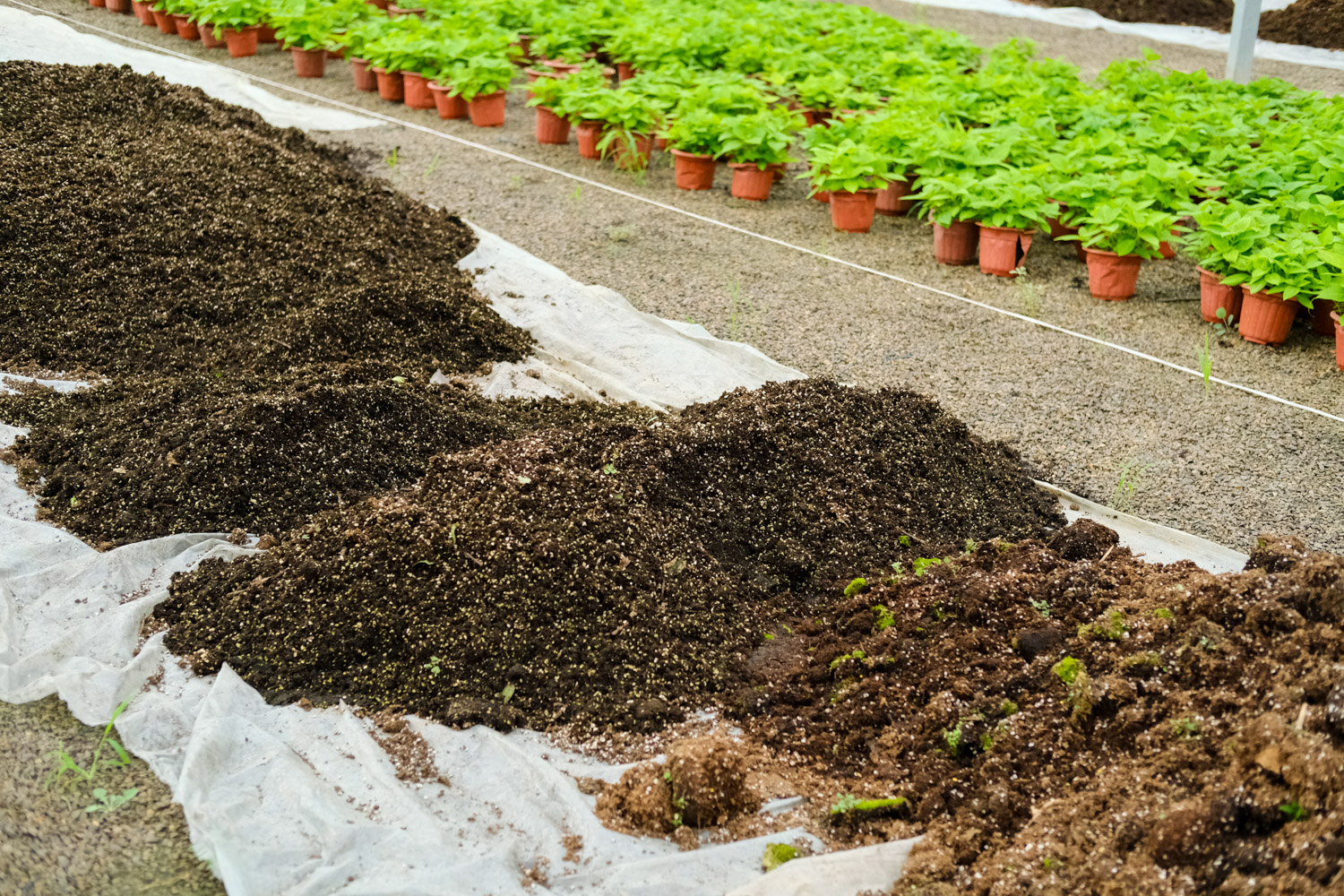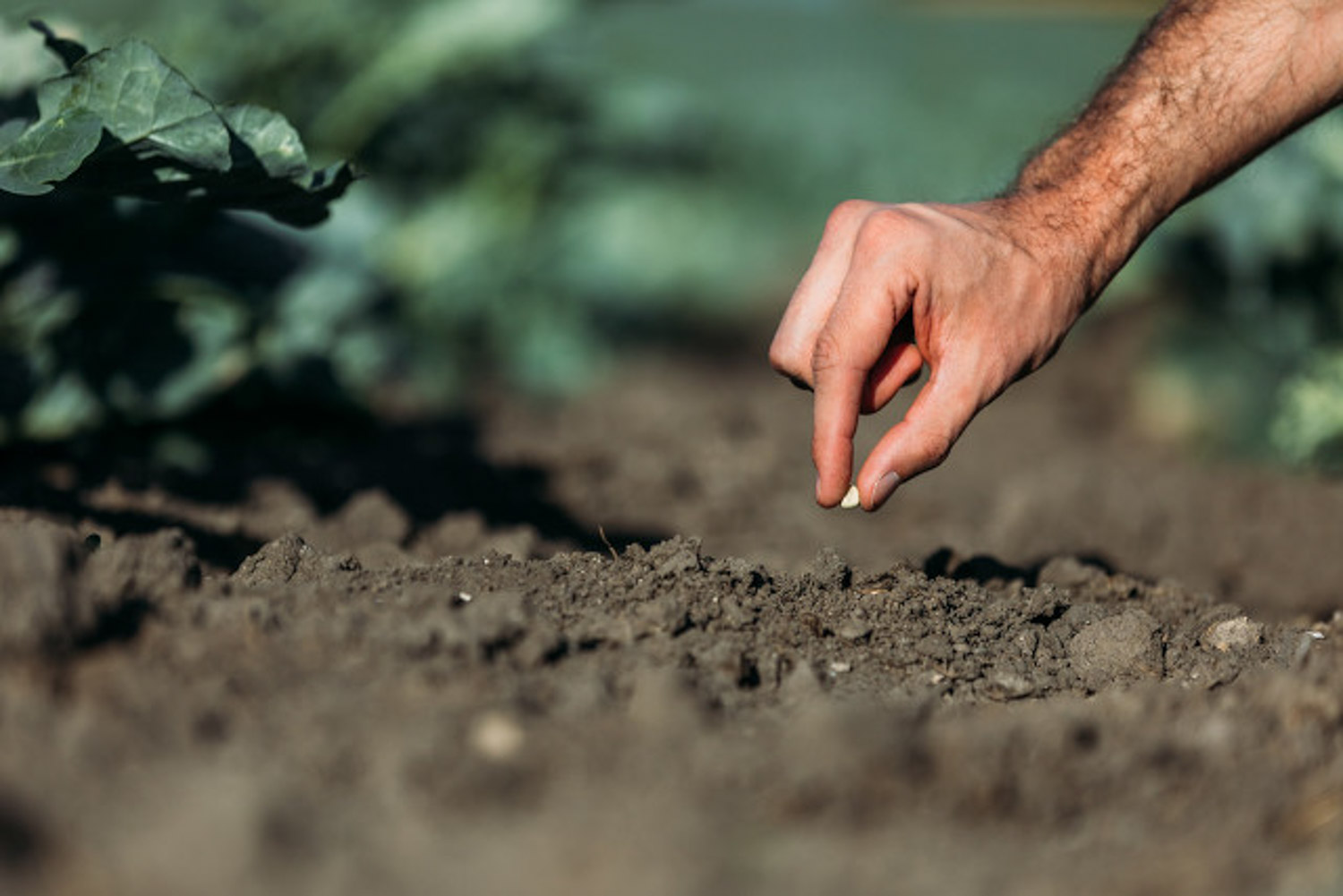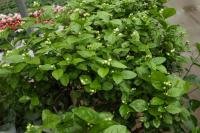Introduction
Vermiculite is a mineral that will expand at high temperature. It belongs to silicate. Vermiculite is flexible when it loses water and expands when heated. It is very similar to the shape of leech, so it is called vermiculite
Ingredients
Vermiculite is a layered silicate mineral rich in magnesium and iron. The shape of vermiculite raw ore is like mica, which is mainly formed by black (gold) mica through hydrothermal alteration or weathering

Characteristics
Advantages
First, vermiculite can be used as a soil conditioner, and its ion exchange capacity can effectively improve the soil structure
Second, vermiculite has strong water retention and hydraulic conductivity, which can improve the air permeability and water retention of soil, neutralize acidic soil and be conducive to the growth of plant roots
Third, vermiculite can play a buffer role and make the fertilizer release slowly in the medium
Fourth, vermiculite can also provide crops with its own magnesium, iron and other elements
Shortcomings
Vermiculite is fragile, which is easy to make the medium too dense and lose ventilation and water retention

Applicable plant
Vermiculite can be used in the cultivation of flowers, vegetables, fruits and seedlings. In addition to being used as potted soil and regulator, vermiculite can also be used in soilless cultivation

 jackfruit
jackfruit snake plant
snake plant hibiscus
hibiscus hydrangea
hydrangea lavender
lavender Green roses climb al...
Green roses climb al... If you don't pay att...
If you don't pay att... Management of four g...
Management of four g...

































